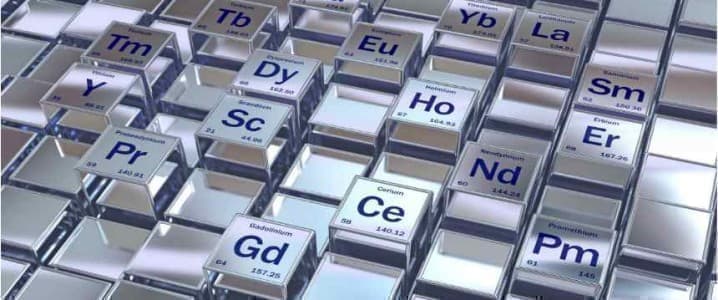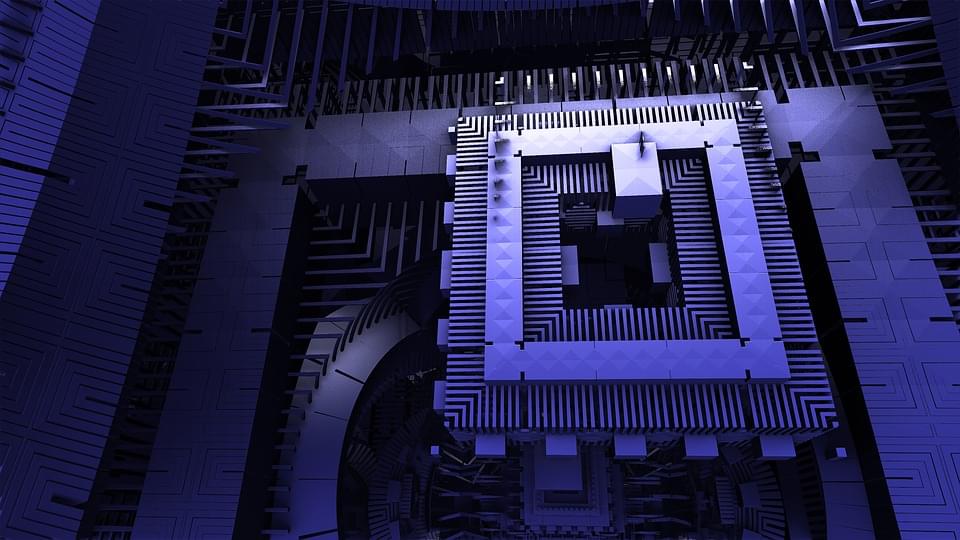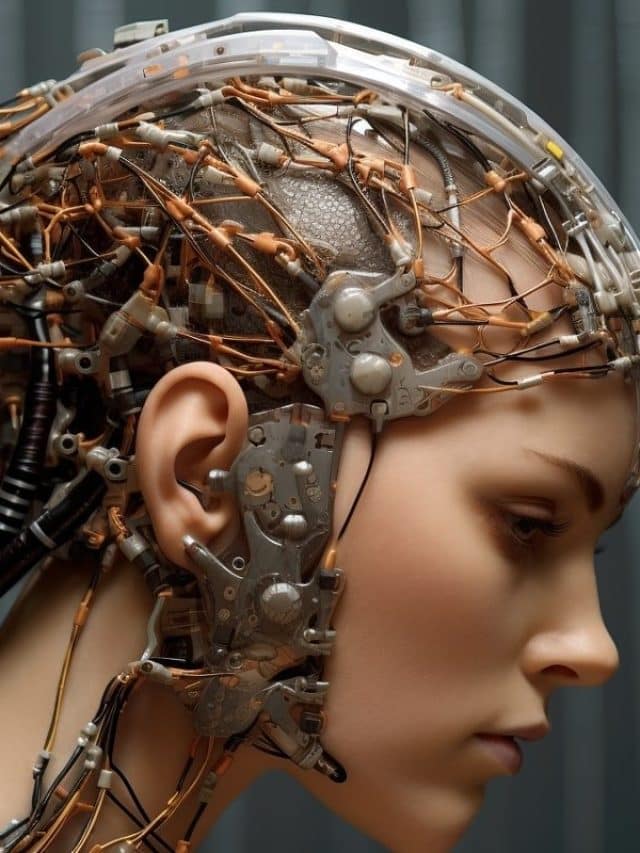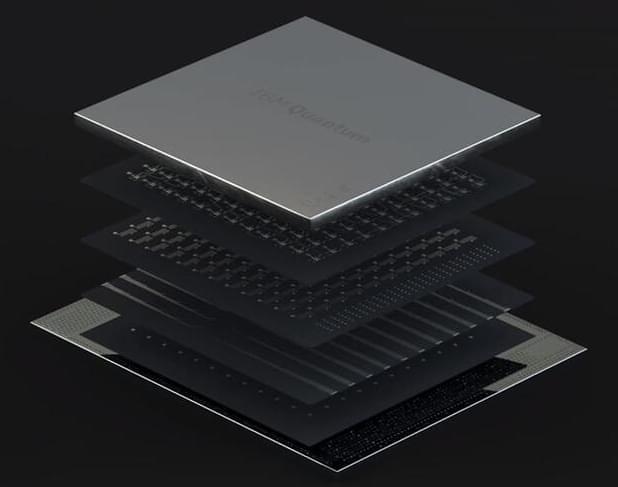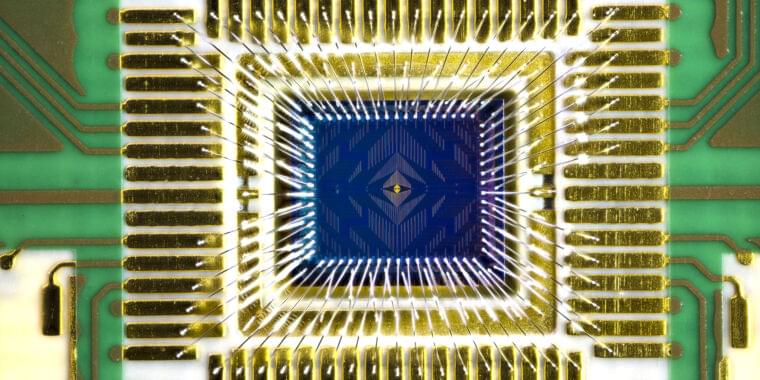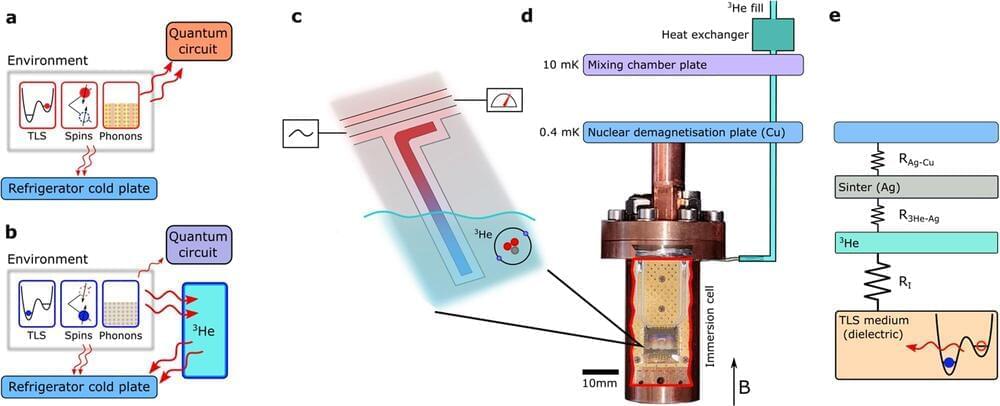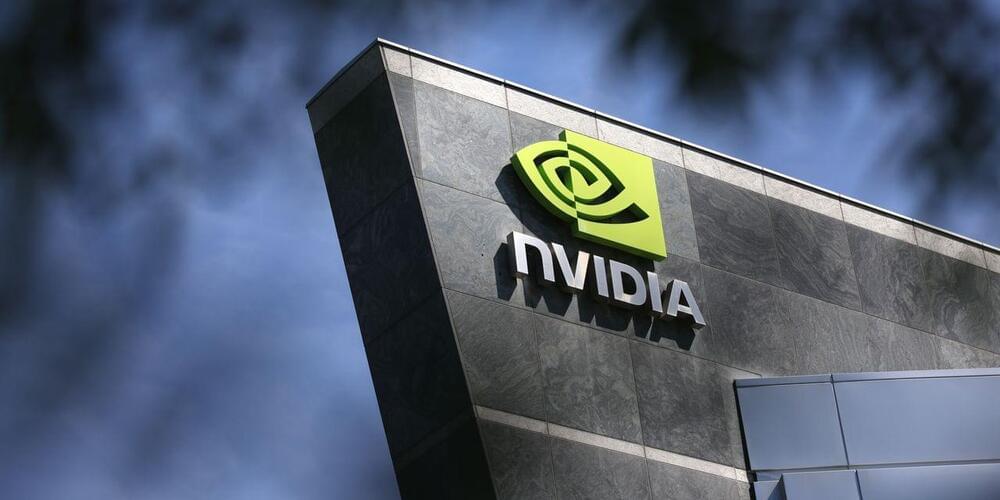The idea of solar energy being transmitted from space is not a new one. In 1968, a NASA engineer named Peter Glaser produced the first concept design for a solar-powered satellite. But only now, 55 years later, does it appear scientists have actually carried out a successful experiment. A team of researchers from Caltech announced on Thursday that their space-borne prototype, called the Space Solar Power Demonstrator (SSPD-1), had collected sunlight, converted it into electricity and beamed it to microwave receivers installed on a rooftop on Caltech’s Pasadena campus. The experiment also proves that the setup, which launched on January 3, is capable of surviving the trip to space, along with the harsh environment of space itself.
“To the best of our knowledge, no one has ever demonstrated wireless energy transfer in space even with expensive rigid structures. We are doing it with flexible lightweight structures and with our own integrated circuits. This is a first,” said Ali Hajimiri, professor of electrical engineering and medical engineering and co-director of Caltech’s Space Solar Power Project (SSPP), in a press release published on Thursday.
The experiment — known in full as Microwave Array for Power-transfer Low-orbit Experiment (or MAPLE for short) — is one of three research projects being carried out aboard the SSPD-1. The effort involved two separate receiver arrays and lightweight microwave transmitters with custom chips, according to Caltech. In its press release, the team added that the transmission setup was designed to minimize the amount of fuel needed to send them to space, and that the design also needed to be flexible enough so that the transmitters could be folded up onto a rocket.
